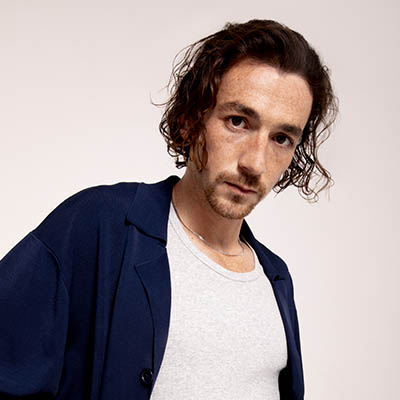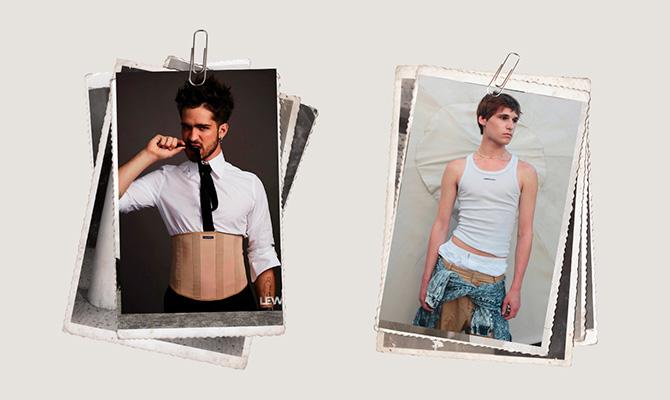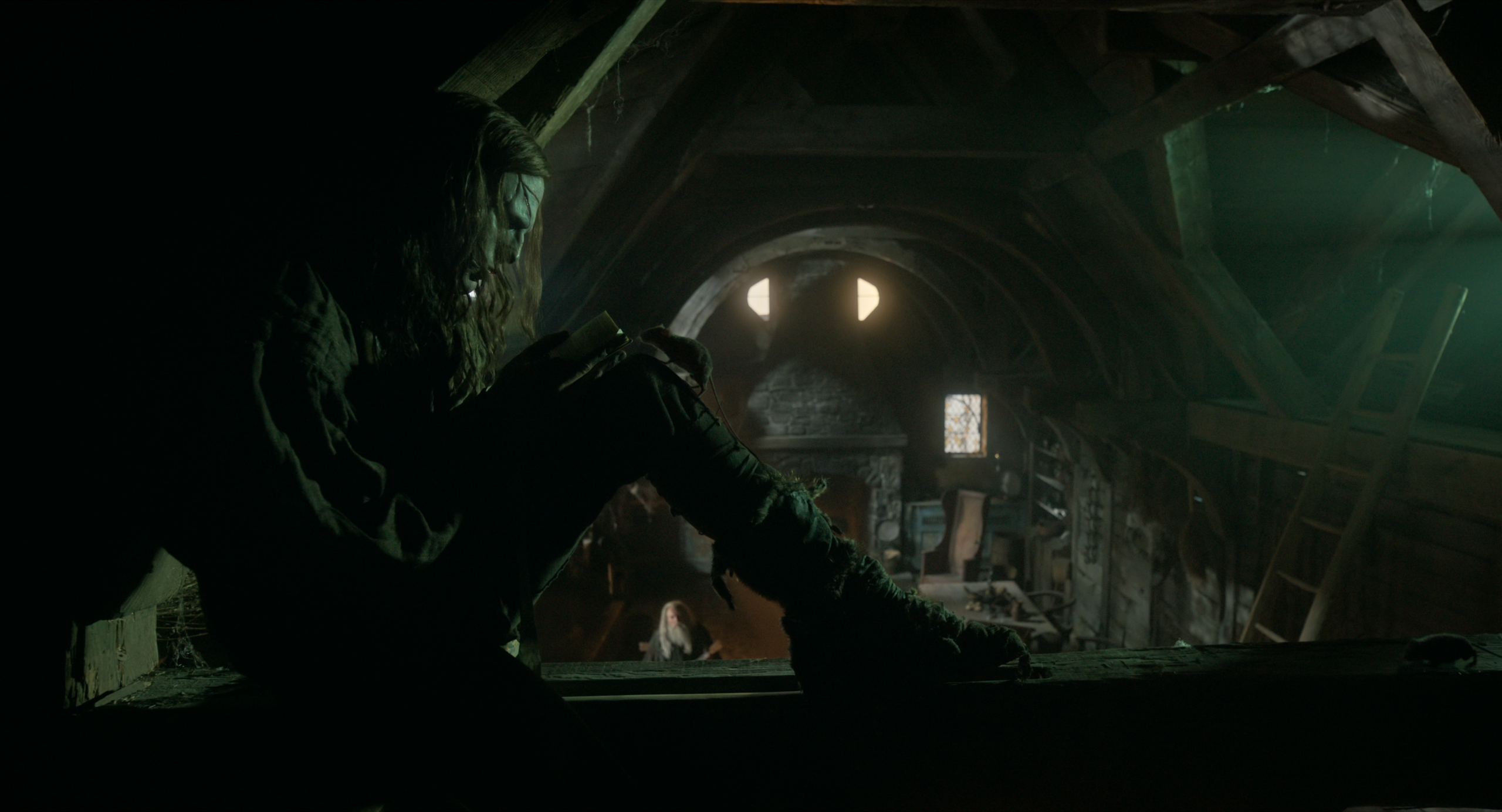The Timeless Relevance of the Gay Men’s Guide: A Groundbreaking Journey Through Time
In the late 1990s, a time when the LGBTQ+ community was still fighting to be seen and heard, the Gay Men’s Guide to Safer Sex emerged as a beacon of hope. Directed by Rob Falconer, this groundbreaking film provided a vital service to gay men, offering life-saving information at a time when misinformation and societal stigma surrounding HIV/AIDS ran rampant. Fast forward to 2024, and the guide is still as relevant as ever, making its return to the big screen at Cinema Diverse, the Palm Springs LGBTQ+ Film Festival, bringing with it not just nostalgia but a renewed urgency.
The Gay Men’s Guide wasn’t just another film—it was a critical educational tool for a community in crisis. In an era where the internet was still in its infancy, and mobile phones weren’t widely accessible, the guide offered clear, unfiltered information on safe sex practices, helping countless gay men protect themselves. For many, it was their first exposure to candid discussions about HIV, a disease that, at the time, was steeped in fear, ignorance, and shame. The film served as an antidote to the oppressive media narratives that often equated being gay with death, helping to save lives in a time of darkness.
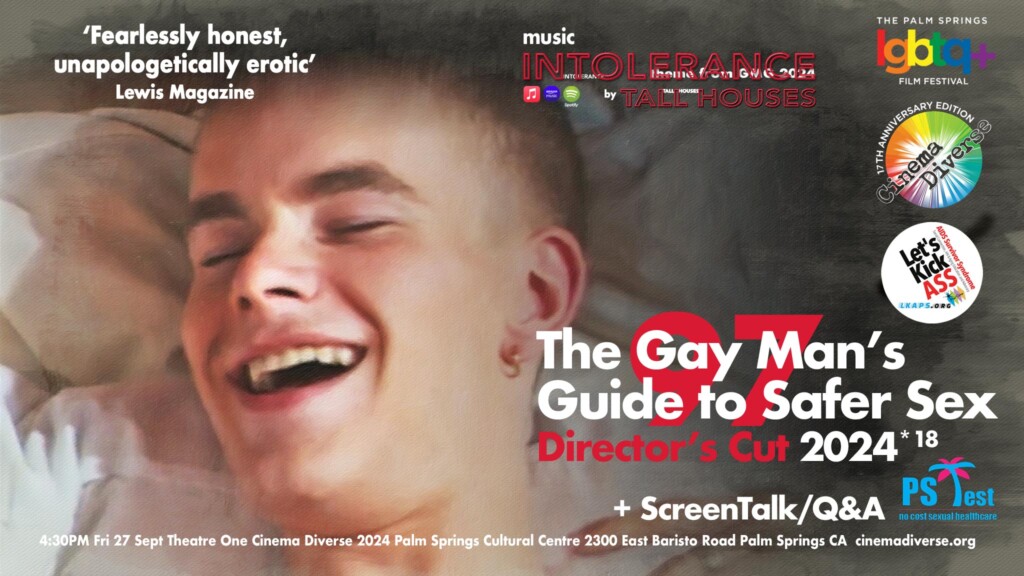
American Audiences, Don’t Miss the Iconic Gay Men’s Guide to Safer Sex 1997 at Palm Springs LGBTQ+ Film Festival – A Must-See Piece of History!
Now, 27 years later, the Gay Men’s Guide is making a triumphant return to the U.S. at the Cinema Diverse Film Festival. This special director’s cut not only revisits the themes that made the film so essential but also contextualises them for today’s world, where HIV may no longer be a death sentence, but the fight for healthcare access and LGBTQ+ rights continues. Dr. Phyllis Ritchie, CEO and founder of PS Test in Palm Springs, a free STI clinic, underscores the film’s enduring relevance. “We’ve made incredible progress, but funding cuts to free sexual healthcare are threatening the gains we’ve made,” she notes. Ritchie’s clinic, like many others, is at the frontline of ensuring that HIV transmission remains at bay through PrEP and regular testing, but financial barriers are ever-present, especially for vulnerable communities.
Director Rob Falconer, who will be attending the Palm Springs screening and live Q&A, also emphasises the stakes today: “Allow holes to open up in the defense line on HIV, and everybody loses. The progress made with HIV, much of it predicted in the ’97 film, is becoming too easy a target for government funding cuts. We can’t let our guard down.”
The screening will also feature a recording of a Barbican ScreenTalk, in which the iconic star of the film, Aiden Shaw (aka Aiden Brady), reflects on his role as a sex-positive figure who wasn’t afraid to speak truthfully about his HIV status. “I wanted people to know that nothing about my past am I ashamed of,” Aiden says, poignantly recalling how his life and work were shaped by the AIDS crisis. His bravery, along with the efforts of everyone involved in the original film, allowed the gay community to take control of their narrative at a time when few others would dare.
But the Gay Men’s Guide isn’t just about looking back—it’s about pushing forward. As we watch the film in 2024, it’s impossible not to draw parallels between the struggles of then and now. HIV stigma, while reduced, still exists. Access to healthcare, particularly for marginalised communities, remains a battle. And perhaps most importantly, the sense of community that the guide fostered is as necessary today as it was in the ’90s.
The film also acts as a rallying cry for younger generations, many of whom did not live through the HIV/AIDS epidemic’s darkest days. Watching the Gay Men’s Guide is a reminder of the progress that’s been made, but also of the fragility of that progress. As Tall Houses, the band behind the 2024 title song for the film, Intolerance, puts it, “There are around 36 million HIV-positive people today, but 10 million aren’t accessing the life-changing treatment available now. HIV stigma remains a major problem—whether you’re gay, straight, male, female, or gender-fluid.”
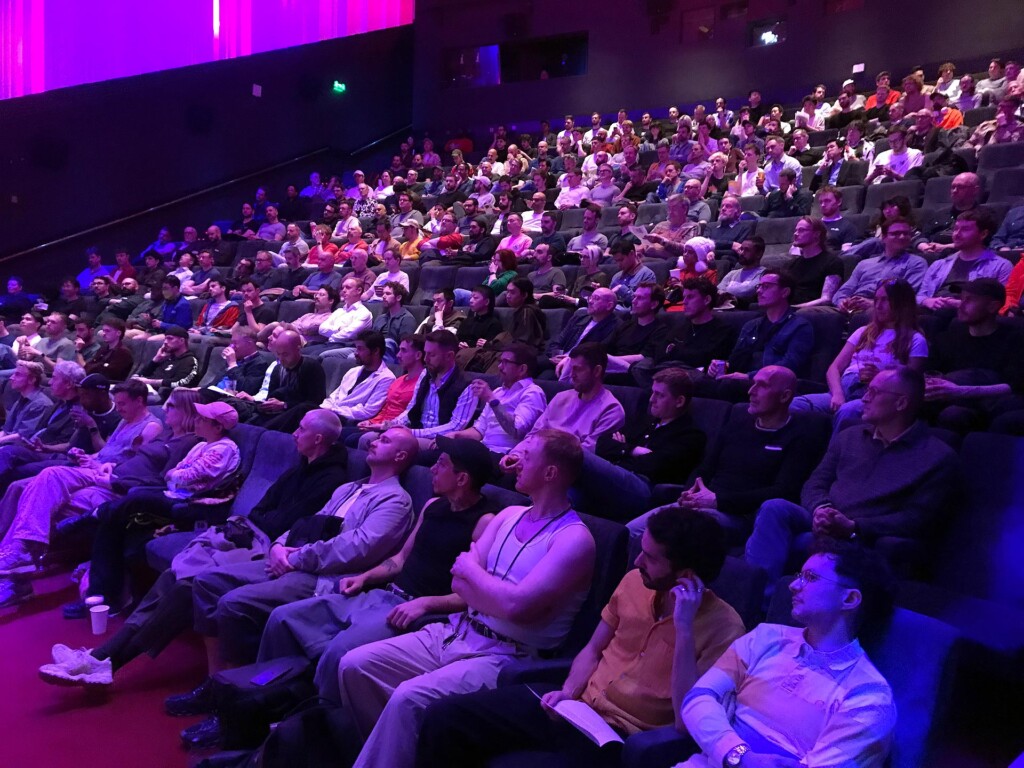
A packed house in London’s Barbican Theatre watched the powerful return of The Gay Men’s Guide in May 2024, celebrating its timeless message and impact on the LGBTQ+ community.
The screening in Palm Springs comes at a critical moment. Rob Falconer, Aiden Shaw, Dr. Phyllis Ritchie, and the many others involved in this project remind us that the fight isn’t over. The Gay Men’s Guide may have started as a UK-based project, but its message resonates globally. The support of key community figures on the ground the film, like Jax Kelly, President of Let’s Kick ASS (AIDS Survivor Syndrome), underscores that aging with HIV, something many couldn’t imagine decades ago, is now a reality that demands support and understanding.
In reflecting on his experience, Aiden Shaw beautifully sums up the significance of the guide: “It was a different time, and as terrified as we were, gay people fought HIV as a community. I was one of the few willing to put a face to the campaign that would be seen worldwide.”
On September 27th, Palm Springs will once again host this vital piece of LGBTQ+ history. For those who lived through the epidemic, it’s a chance to reflect on how far we’ve come. For the younger generation, it’s an opportunity to learn about a time when fighting for survival was part of daily life. And for everyone, it’s a reminder that we must continue the work—together.

Photography David Morgan








